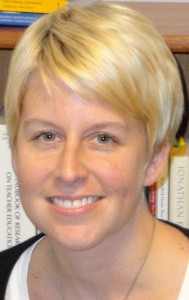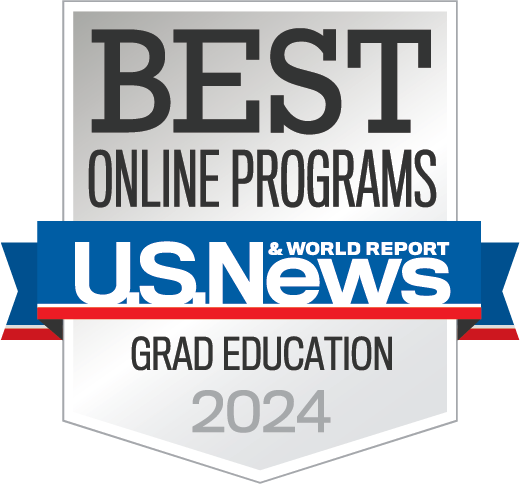Hollingers are founders of new academy
Randy (BAE ’96 & MED ’98, Elem. Ed.) and Amy (BAE ’93 & MED ’94, Elem. Ed., EDS ’02, Ed. Leadership) Hollinger, longtime educators at P.K. Yonge, are now bringing their love of teaching to Santa Rosa Beach.
The Hollingers have a history of being “out-of-the-box thinkers”, especially in education. They are the founders of the new TESLA (Technology Engineering Science Leadership Academy), an alternative learning environment. According to the website, “students are engaged in learning that provides a balance of technology based and hands on approaches to their learning.” The school opened more than a year ago with 15 students and has since grown to 33 students, ranging in age from second grade to high school.
Examples of the hands on projects the students at TESLA are involved in include raising Mexican Axolotls, an endangered, water-dwelling salamander, and building their own Tesla coil from scratch.
Randy Hollinger inherited his love of teaching from his parents. Dr. Tom Hollinger is a retired professor at UF and his mom, Mrs. Sandy Hollinger is Deputy Superintendent of schools for Alachua County. Says Randy, “My mom and my dad both are not just teachers, they’re really good teachers…I would think of the things people had said about my mom or what they’d said about my dad and think, ‘If I’m going to be a teacher, I want people to say those things about me someday'”. Turns out, he has achieved this goal having received numerous awards from a Scholarship of Engagement Award at UF, to being voted one of Gainesville’s most interesting people.
Amy Hollinger has served as assistant principal of P.K. Yonge’s Elementary School, and as a teacher at J.J. Finley Elementary school. During her career, Amy has been very involved; leading and coordinating numerous programs, attending professional conferences, chairing committees including the School Advisory Council, and giving professional presentations.









